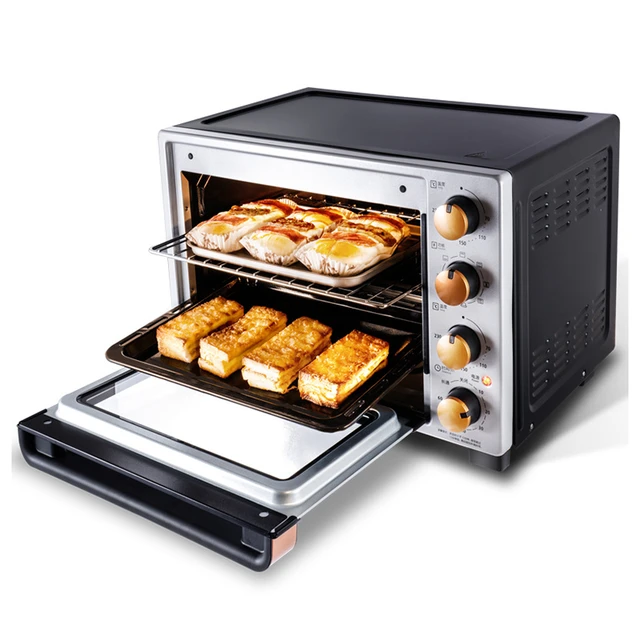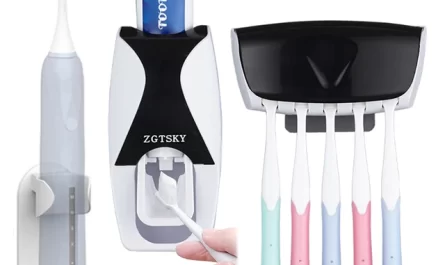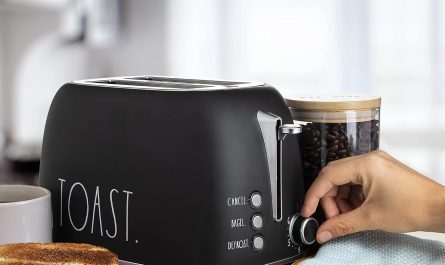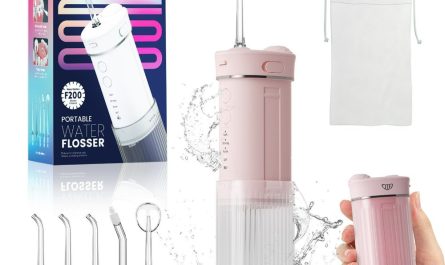Introduction:
Cleaning an oven is an essential maintenance task to ensure its proper functionality and longevity. There are various methods and cleaning agents available for oven cleaning, and one common question that arises is whether it is safe to use ammonia. In this article, we will explore the safety considerations of using ammonia to clean an oven, discussing its potential risks, alternative cleaning methods, and best practices. By understanding the potential hazards and safe cleaning practices, users can make informed decisions and maintain a clean and safe oven environment.
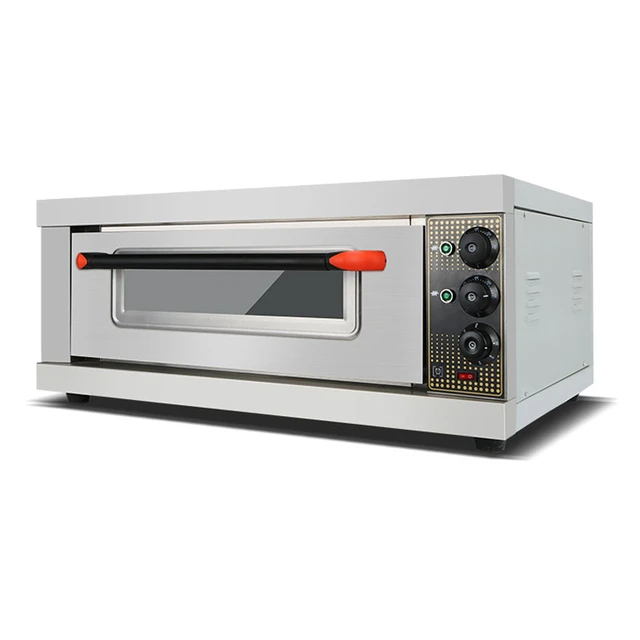
Is it safe to use ammonia to clean an oven?
Understanding Ammonia:
a. Chemical Properties: Ammonia is a compound composed of nitrogen and hydrogen (NH3). It is a colorless gas with a pungent odor and is commonly used in cleaning products due to its strong alkaline properties.
b. Cleaning Capabilities: Ammonia is known for its ability to cut through grease and grime, making it an effective cleaner for various surfaces, including ovens. It can help dissolve and loosen baked-on food particles and stubborn stains.
Potential Hazards of Ammonia:
a. Toxic Fumes: Ammonia can release strong and potentially harmful fumes when used in confined spaces or when mixed with other cleaning agents. Inhaling these fumes can irritate the respiratory system, eyes, and skin, causing symptoms such as coughing, wheezing, or eye irritation.
b. Corrosiveness: Ammonia is highly alkaline and can cause damage to certain surfaces, including oven interiors. It may strip away protective coatings or discolor sensitive materials.
c. Incompatibility: Mixing ammonia with other household cleaning agents, such as bleach or acidic cleaners, can produce toxic gases, such as chloramine or chlorine gas. These gases can be extremely hazardous and pose serious health risks.
Safe Cleaning Alternatives:
a. Baking Soda Paste: Baking soda is a natural and gentle abrasive that can effectively remove grease and stains. Create a paste by mixing baking soda with water and apply it to the oven surfaces. Leave it for a few hours or overnight, then scrub and rinse thoroughly.
b. Vinegar Solution: Vinegar is a mild acid that can help dissolve grease and grime. Create a solution by mixing equal parts of vinegar and water and apply it to the oven surfaces. Allow it to sit for a while, then scrub and rinse well.
c. Commercial Oven Cleaners: There are various commercial oven cleaning products available that are specifically formulated for oven use. Read the labels carefully and follow the instructions provided. Ensure good ventilation when using these products and use gloves to protect your skin.
Best Practices for Cleaning an Oven:
a. Ventilation: Before cleaning your oven, ensure proper ventilation by opening windows or using exhaust fans. This helps to dissipate fumes and maintain a safer environment.
b. Protective Gear: When using any cleaning agent, including ammonia, it is advisable to wear protective gear such as gloves, goggles, and a mask to minimize exposure to potentially harmful chemicals.
c. Read Instructions: Before using any cleaning agent, carefully read and follow the instructions provided by the manufacturer. This includes recommendations on application, contact time, safety precautions, and ventilation requirements.
d. Test in Small Areas: Before applying any cleaning agent to the entire oven surface, perform a patch test in a small, inconspicuous area. This helps ensure that the cleaning agent is compatible with the oven material and does not cause any adverse reactions.
e. Regular Maintenance: To minimize the need for heavy-duty cleaning, it is recommended to perform regular maintenance on your oven. Wipe down spills and stains promptly after each use, and consider using oven liners or baking trays to catch any drips or spills.
f. Prevention is Key: To reduce the buildup of grease and grime, it is advisable to use oven-safe containers and cover foods when cooking. This helps prevent excessive splattering and reduces the need for deep cleaning.
Professional Oven Cleaning Services:
a. For heavily soiled ovens or difficult-to-remove stains, it may be beneficial to seek professional oven cleaning services. Professional cleaners have the expertise and specialized equipment to deep clean ovens safely and effectively.
b. Research and choose reputable cleaning companies that use safe and environmentally friendly cleaning methods. Inquire about their cleaning process, the products they use, and any safety measures they implement.
Conclusion:
While ammonia can be an effective cleaner for removing grease and grime, it presents potential hazards and risks if not used properly. The toxic fumes and corrosive nature of ammonia require caution and adherence to safety guidelines. It is advisable to consider safer alternatives, such as baking soda paste or vinegar solutions, for cleaning ovens. These methods are effective, environmentally friendly, and pose fewer risks to your health and the oven surfaces. Following best practices, such as good ventilation, protective gear, and regular maintenance, can help keep your oven clean and safe. If needed, professional oven cleaning services can provide a thorough and safe cleaning solution. By prioritizing safety and using appropriate cleaning methods, users can maintain a clean and functional oven without compromising their health.

